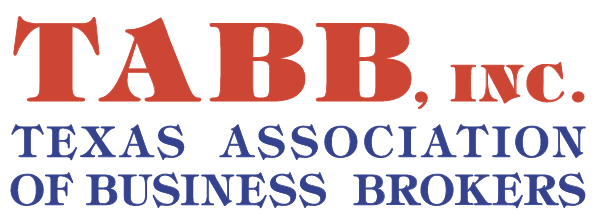by William Bruce, President, American Business Brokers Association.
Let’s assume that you’ve already done the soul-searching about your future, considered the advantages of business ownership, and decided that you definitely want your own business. You’re ready to proceed with all deliberate speed. You’re probably asking yourself, “What’s next?”
What Type of Business Should I Buy
You may already have a pretty good idea. If your family or some of your friends own a business, you probably have some familiarity with that type of business. Is it the kind of business that you can see yourself operating?
What are your preferences on hours worked, management of employees, physical labor, and interaction with customers? Do you prefer to stay in one place, or would you rather be on the road in your new business? Would you prefer to stay indoors, or are you the outdoor type? Are you a people person? Are you service-oriented? Your preferences in these and other matters will give you some direction as to the category of business.
However, the decision really boils down to this question that you should ask yourself as you consider any type of business: Can I see myself happily and successfully operating this particular business? If the answer is “yes,” then that may be the business for you – assuming, of course, that the company checks as you take a closer look at the steps that are explained in subsequent articles.
Some more words of advice: Keep an open mind as you look at different businesses. Don’t become so inflexible as to type of business that you would automatically rule out an excellent business for sale in your price range producing the income that you desire.
An interesting statistic from my business brokerage practice is that about one-third of my clients wind up buying a business in a category other than the one that they initially contacted me about. So, stay flexible as to type with your eyes wide open for a jewel of a business of a type that you may not have considered.
What Size Business Can I Buy?
The answer to this question is dependent on the amount you have to invest. The lowest down payment requirement for buying a business is about 20 percent of the purchase price of the business.
For the sake of an example, let’s say you have $60,000 to invest in the purchase of a business. I don’t advise my clients to use their total available investment as a down payment because they are going to need some of it as working capital in the new business.
The amount of working capital needed depends on the necessary monthly operating expenses of the business. Let’s say the business you are buying has operating expenses of $5,000 per month, which includes rent, insurance, utilities, payroll, and the other items needed to keep the doors open.
If you have determined that the business has good cash flow and there are no major problems, you could probably get by with one month’s expenses figured in as working capital. However, to be safe, I usually recommend two months of expenses held back for working capital. In this example, that would be, of course, $10,000.
After deducting the two months of business operating expenses (working capital) from the available $60,000, we have $50,000 to offer as a down payment on a business.
Which brings us back to the question: What size business can I buy?
The answer is a matter of arithmetic. With the $50,000 and the fact that some businesses can be bought with a 20% down payment, this would project a maximum price for a business of $250,000.
And from my experience as a business broker, there are lots of attractive businesses out there of this size that produce a very nice profit for their owners.
Your job is to find them!
Here are some other articles I’ve written that might be of interest:
- Considering Buying a Small Business? Here’s How to Analyze a Business for Sale
- The 3 Most Critical Issues in Buying or Selling a Business
- What Are the Rules of Thumb for Business Valuation?
# # #

William Bruce, ABI, SVA

















